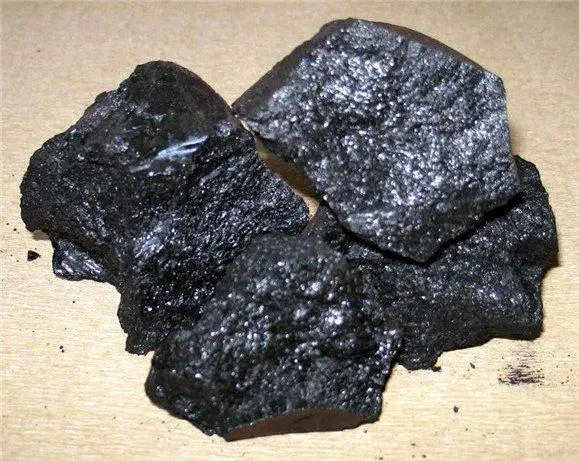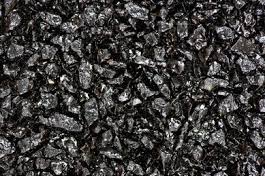Bitumen is a thick, sticky, black or dark-colored, highly viscous liquid or semi-solid form of petroleum. It is a naturally occurring substance that is a byproduct of the refining process of crude oil. Bitumen is also known as asphalt or tar in certain contexts. It has been used for thousands of years as a waterproofing material and adhesive, and it remains an essential component in various industrial applications.
Here are some key points about bitumen:
Properties: Bitumen is a complex mixture of hydrocarbons, mainly composed of high-molecular-weight compounds called asphaltenes. It is extremely thick and has a high viscosity, making it appear almost solid at room temperature. However, when heated, it becomes more fluid.
Applications:
Types of Bitumen:
Environmental Concerns: Bitumen is a major component of asphalt, which is widely used for road surfaces. When roads deteriorate or are damaged, bitumen can leach into the environment and potentially harm ecosystems. Additionally, the extraction of oil sands, which contain bitumen, can have significant environmental impacts.
Health Concerns: Prolonged exposure to bitumen fumes and dust can pose health risks to workers, including respiratory issues. Proper safety measures should be taken during handling and application.
Bitumen’s versatility and wide range of applications make it an essential material in various industries, particularly in construction and infrastructure development. However, the environmental and health aspects associated with its use require careful consideration and responsible management.


| Minimum Order Quantity | 10,000 MT |
|---|---|
| Country of Origin | Kazakhstan |
| Packing | Bulk for Vessel Loading |
| Insurance | 110% by Seller |
| Delivery | Within 3-4 weeks, from the date of approval of Documents, depending upon availability of Vessel. |
| Inspection | All products are Quality & Quantity wise certified by SGS. |
| Payment Terms: | To be discussed |
| Commission: | Brokers may please contact us for payable commission |
| PROPERTY | UNIT | METHOD | SPECIFICATIONS | RESULTS | |
|---|---|---|---|---|---|
| MIN. | MAX. | ||||
| Specific Gravity @25° C | – | ASTM D70 | REPORT | – | 1.039 |
| Density @15° C | kg/l | ASTM D70 | REPORT | – | 1.042 |
| Density @25° C | cm | ASTM D113 | 100 | – | 150+ |
| Flash Point Cleveland Open Cup | °C | ASTM D92 | 278 | – | 360 |
| Loss on Heating | % (m/m) | ASTM D6 | – | 0.2 | 0.01 |
| Penetration @ 25° C | 0.1 mm | ASTM D5 | 60 | 70 | 68 |
| Penetration on Radius After Loss on Heating | % of Original | ASTM D6/D5 | 80 | – | 93 |
| Softening Point | °C | ASTM D36 | 48 | 56 | 48.4 |
| Solubility in Trichloroethylene | % (m/m) | ASTM D2042 | 99.5 | – | 99.97 |








